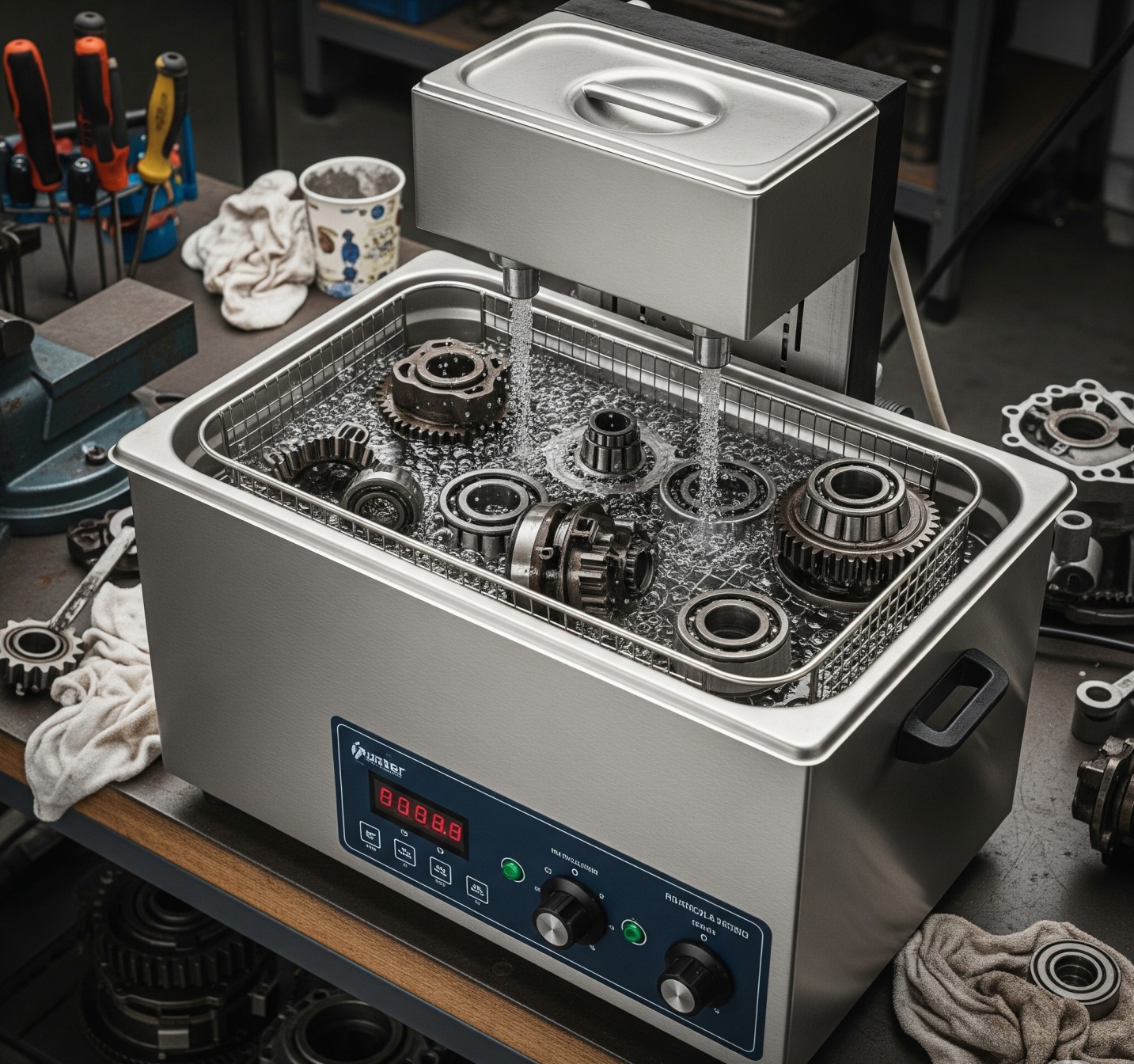Muscat, the glittering jewel of Oman, has witnessed an unprecedented growth in the chemical industry over the years. Prominent among these advancements is the rise of our enterprise specializing in the manufacture, supply, and distribution of Chemical Polyols. Our brand stands as a testament to Oman's commitment to quality, innovation, and global outreach.
Formula: R(OH)n – where R is an alkyl or aromatic group, and n indicates the number of hydroxyl groups.
Product Description
Chemical Polyols are multifunctional alcohols which have more than two hydroxyl groups. These compounds find their significance in a multitude of industries due to their versatile characteristics, which include reactivity, flexibility, and solubility.
Polyols, also known as polyhydric alcohols or sugar alcohols, are a class of chemical compounds that possess multiple hydroxyl (-OH) groups. They are commonly used in various industrial applications, including the production of polyurethane foams, resins, coatings, and more. Polyols are versatile materials that offer a wide range of properties and benefits, making them essential components in different sectors. In this comprehensive report, we will explore the applications and uses of polyols in different sectors, covering their properties, processing methods, and advantages in each application.
1. Polyurethane Foam Production: Polyols play a crucial role in the production of polyurethane foams, which are widely used in industries ranging from construction to automotive.
- Flexible Foams: Polyether polyols are used in the production of flexible polyurethane foams used in furniture cushions, mattresses, and automotive seating due to their comfort and resilience.
- Rigid Foams: Polyester polyols are utilized in the production of rigid polyurethane foams used in insulation panels, building materials, and refrigeration due to their excellent insulating properties.
2. Coatings and Adhesives: Polyols are used in the production of coatings and adhesives with various applications.
- Coatings: Polyols are used in producing coatings for automotive finishes, wood coatings, industrial coatings, and architectural paints due to their film-forming properties and adhesion.
- Adhesives: Polyols are used in formulating adhesives for industries such as construction, packaging, and electronics due to their ability to provide bonding strength and flexibility.
3. Resins and Polymers: Polyols are used to create various resins and polymers with a range of properties.
- Polyester Resins: Polyols are combined with dicarboxylic acids to produce polyester resins used in applications such as composites, fiberglass, and reinforced plastics.
- Polyurethane Elastomers: Polyether polyols are used in the production of polyurethane elastomers, which are used in industries such as footwear, automotive, and industrial applications due to their flexibility and durability.
4. Textile and Apparel Industry: Polyols are utilized in the production of fibers and materials for textiles and apparel.
- Elastane Fibers: Polyurethane elastane fibers, also known as spandex or Lycra, are used in the textile industry to provide stretch and recovery properties to clothing.
- Performance Fabrics: Polyols are used in the production of performance fabrics with properties such as moisture-wicking, breathability, and durability.
5. Personal Care and Cosmetics: Polyols are used in the personal care and cosmetics industry for their moisturizing and humectant properties.
- Skin Care: Polyols are used in moisturizers, lotions, and creams to help retain skin moisture and prevent dryness.
- Oral Care: Polyols are used in oral care products such as toothpaste and mouthwash for their sweetening and humectant properties.
6. Pharmaceuticals: Polyols have applications in pharmaceutical formulations and drug delivery.
- Tablet Excipients: Polyols are used as excipients in tablet formulations to improve drug dissolution and stability.
- Suspensions and Emulsions: Polyols are used in the production of suspensions and emulsions to enhance drug delivery and taste masking.
7. Food and Beverage Industry: Polyols are used in the food and beverage industry as sugar substitutes and additives.
- Sugar Substitutes: Polyols such as sorbitol, xylitol, and erythritol are used as sugar substitutes in low-calorie and sugar-free products.
- Food Additives: Polyols are used as food additives in various products such as confections, chewing gums, and baked goods for their sweetening and bulking properties.
8. Automotive Industry: Polyols find applications in the automotive industry for various components.
- Interior Components: Polyurethane foam, derived from polyols, is used in automotive seats, headrests, and other interior components for comfort and safety.
- Exterior Parts: Polyurethane-based coatings and adhesives are used in exterior applications such as automotive body panels and parts due to their durability and corrosion resistance.
9. Construction and Building Materials: Polyols are used in construction for insulation, adhesives, and coatings.
- Insulation Materials: Polyurethane foam, produced from polyols, is used in insulation panels and materials for buildings to improve energy efficiency.
- Adhesives and Sealants: Polyurethane-based adhesives and sealants are used in construction applications such as bonding and sealing materials.
10. Renewable Energy: Polyols have applications in the renewable energy sector.
- Wind Turbine Blades: Polyurethane foam, derived from polyols, is used in wind turbine blades for their lightweight nature and durability.
- Solar Panel Coatings: Polyols are used in coatings for solar panels to provide protection against environmental conditions.
11. Aerospace Industry: Polyols find applications in the aerospace industry due to their lightweight and durable properties.
- Aircraft Interiors: Polyurethane foam, produced from polyols, is used in aircraft interiors for seats and cushions to provide comfort and safety.
- Structural Components: Polyurethane-based materials are used in structural components of aircraft for their lightweight and strength properties.
In conclusion, polyols are versatile compounds with applications spanning across various sectors. Their use in the production of polyurethane foams, coatings, adhesives, resins, textiles, personal care products, pharmaceuticals, food and beverages, automotive components, construction materials, and more highlights their significance in modern manufacturing and innovation. As industries continue to evolve and sustainability becomes more crucial, polyols will likely continue to play a pivotal role in creating functional and environmentally-friendly solutions.
Product Parameters
- Grade Standard: Pharma Grade, Industrial Grade, Food Grade.
- Certification: ISO 9001, ISO 22000, HALAL, Kosher.
- Purity: 95%-99.9%
- Appearance: Clear, viscous liquid
- Specifications: Customizable as per industry demand
Our Advantages
- Technological Prowess: Leveraging the latest technology for consistent quality.
- Global Footprint: Distributing to major cities such as Istanbul, Milan, Singapore, Cairo, New York, London, and many more.
- Sustainable Practices: Adherence to eco-friendly production and distribution methods.
Production Capacity
Our facility, one of the largest in the Middle East, boasts an annual production capacity of over 40,000 metric tons.
Quality Control
Our stringent quality control measures, backed by advanced laboratories and experienced chemists, ensure product consistency and reliability.
Customization
Understanding diverse industry needs, we provide tailored solutions, both in product formulation and packaging.
Company Info
Nestled in the heart of Muscat, our company has solidified its reputation over the years as the foremost manufacturer and distributor of Chemical Polyols in Oman and beyond.
Packing & PHYSICAL PROPERTIES
Our eco-conscious packing methods prioritize product integrity, while our polyols are characterized by their low viscosity, clarity, and stability.
STORAGE
For optimal shelf life, our polyols should be stored in cool, dry conditions, shielded from direct sunlight.
QUALITY INSPECTION
Every batch undergoes rigorous testing, abiding by international standards and ensuring unparalleled quality.
Plant Area
Our sprawling facility, equipped with cutting-edge machinery, stands as a beacon of Oman's industrial prowess.
Quotation & Payment
We offer competitive pricing with diverse payment options including L/C, T/T, and other negotiable terms.
Nearest Port
Strategically located near the Port Sultan Qaboos, ensuring efficient logistics and shipping.
Import & Export Mode
With a robust export framework, we have a strong presence across Asia, Europe, and the Americas.
Emerging from the heart of Muscat, our company, a stalwart in the Chemical Polyols sector, is an embodiment of Oman’s industrial ascent. Catering to the needs of diverse industries globally, from Paris to Tokyo, Riyadh to Johannesburg, we stand poised to fortify our legacy of excellence, reliability, and sustainable growth.
For inquiries and orders, please get in touch with us at Email-
mail@muscatchemical.com




